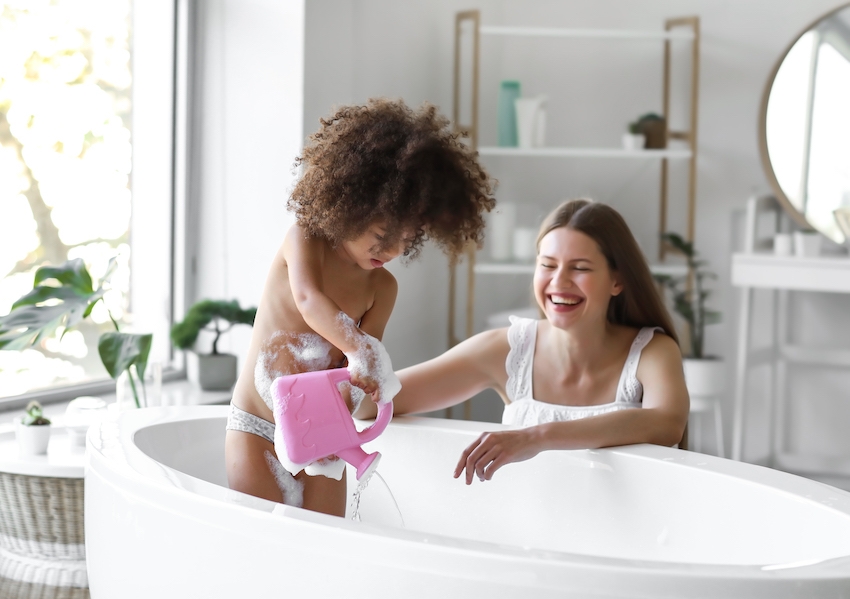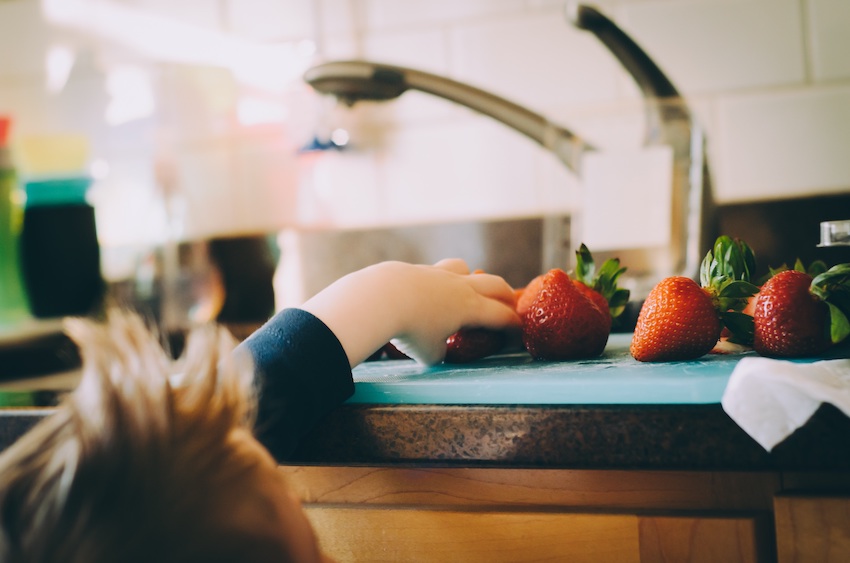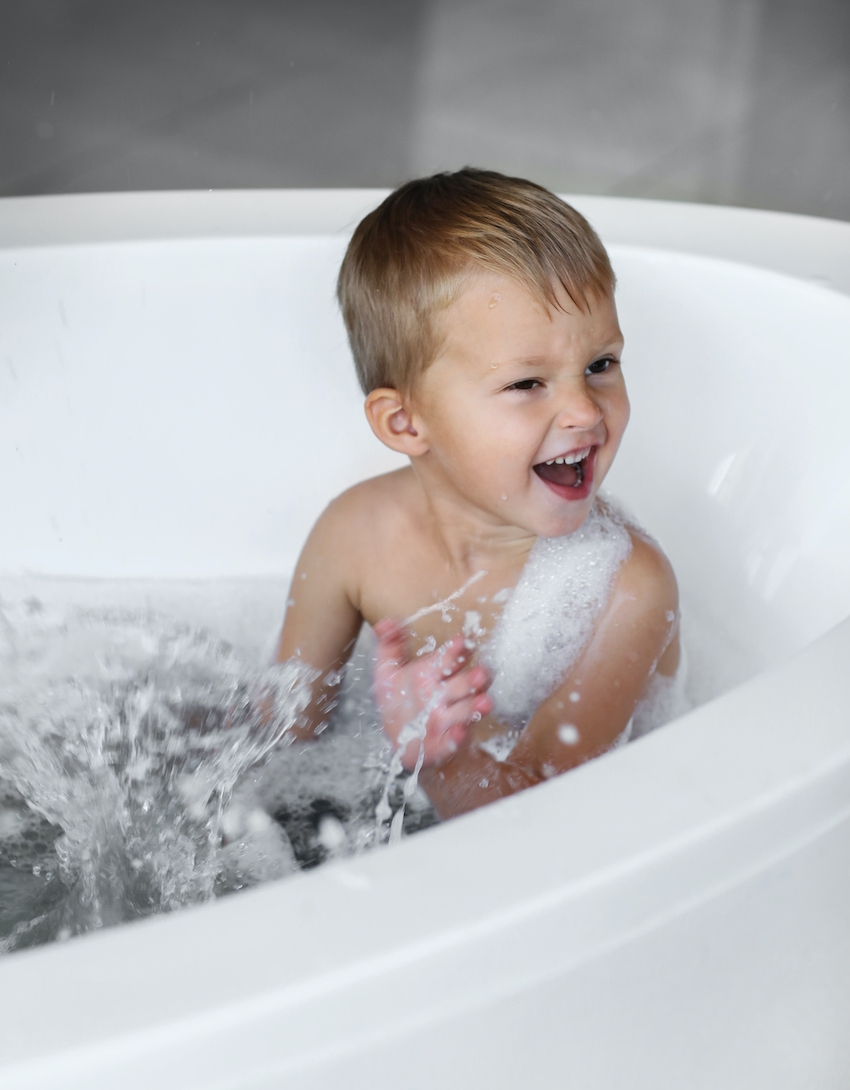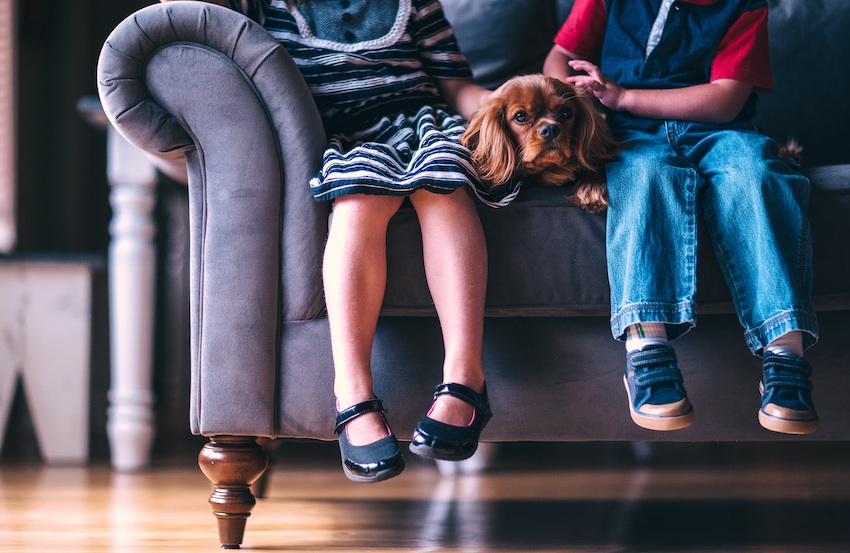Basic Hygiene Skills:
What Does Your Kid Need to Know? and How to Teach Them
Everything from confidence to the way we speak is all rooted in our understanding of basic hygiene. Knowing how to care for yourself not only boosts your self-esteem but it gives your child the best shot at living a healthy life.
From learning how to brush their teeth to why it’s important to wash properly, teaching your kid fundamental life skills begins at home. Information is power. So give your child all the tools they need to avoid harmful germs and stay healthy. It’s one of the greatest gifts you can give them.
Not sure where to start? Here are a handful of practical tips to teach your child the basic hygiene skills they need to thrive:
Basic Hygiene Skills
Not only are you a parent, teacher and caregiver, but you are an active role model in your kid’s every day. From the moment your child is born to the moment they fly the nest, you are responsible for their upbringing. With that comes a wealth of responsibilities, including giving them their best shot at life.
Basic hygiene skills start with you. While mirroring good hygiene habits to your little one, they will be able to pick up an understanding of why hygiene is important in the first place.
As your children grow, talking honestly and openly about keeping clean will make the more challenging conversations about difficult personal hygiene issues easier later on in life.
For children, basic hygiene skills can be broken down into four crucial areas:
1. Washing Hands
Touch is one of your child’s most effective learning tools. It allows them to explore as a babe, feeling different sensations and materials to help shape their understanding of the world. As they grow older, their hands become the first point of contact for most things that touch their face, nose and mouths.
Hands, in short, are the perfect entryway for bacteria and germs to find their way to your immune system. Regular hand washing is your kid’s best chance of preventing sickness and illness.
Encouraging your child to wash their hands with soap and water will help their body’s natural defences stay fit and healthy.
Aim to get your child to wash their hands each time they:
- Play outside
- Have visibly dirty hands
- Eating or preparing food and after handling raw meats
- After being to the toilet
- After coughing, sneezing or blowing their nose
- After touching animals
- After touching any bodily fluid such as blood, vomit or urine
Never before has there been more emphasis on the importance of handwashing. With the ongoing pandemic, encouraging your child to wash their hands as much as possible will establish why it’s so essential to carry on into adulthood.
2. Brushing Their Teeth
Your child’s mouth is a delicate, sensitive and life-forming part of their development. Good oral hygiene is not only foundational to their future health but keeping teeth, and gums clean paves the way for speech and how your child’s face will look later on in life.
From the moment your baby tastes milk for the first time, bacteria forming sugars are left to swill around their gums. With a soft, damp cloth or specially formulated dental wipe, you can gently remove leftover sugars and debris from your little one’s mouth.
As soon as their first tooth appears, you can introduce a soft-bristled, round-headed toothbrush to help your child get used to it.
With the experts recommending brushing teeth for two minutes, twice a day, there are a few strategies you can do to get your child excited about their teeth:
- Bathtime: children love routines! So adding toothbrushing into the mix at bathtime is not going to hurt
- Make it fun: from dancing along to your kid’s favourite song for two minutes or making up your own song with actions will inspire your little one to get brushing
- Sticker charts: a shiny sticker can go a long way! Nothing says “well done” more than rewarding your little one with a sticker. Add them up over the week, and your kid can have a special treat for extra motivation
- Character heroes: if your little one has a favourite TV or film character, there is likely a toothbrush out there that will get your kid on board. If that’s not enough, the likes of Hey Duggee, Peppa Pig and the Paw Patrol all have supporting tooth brushing books, songs and episodes to inspire young minds!
Further Reading: 6 Steps to Help your Child Build their Best Bedtime Routine
3. Bathing and Showering
There’s no better way to end a day of adventure, schooling or a day out than with a cleansing bath or shower. A welcome addition to any morning or bedtime routine, encouraging your child to have a regular bath will not only keep them clean, but it will set them up ready to take on the day or ease into sleep.
Ensure your kid washes all of their body, including all the hard to reach spots and armpits. Getting thoroughly dry before getting dressed will help your child feel fresher and cleaner for longer.
4. Keeping Clothes Clean
Fresh, clean clothes are all part of boosting your child’s self-esteem and confidence. From hanging up school uniforms to air when they get home to wearing different underwear daily are all crucial strategies to encourage at home.
Learning by example, is one of the best ways to teach your kid. Here are a few ways to get your child involved in the laundry process:
- Putting their dirty clothes into the laundry basket
- Separating light and dark clothing into piles
- Helping to load the washing machine
- Hanging up clean clothes to dry
- Folding and putting away their clothes
Getting your child to help with the laundry will also emphasise how much work is involved in maintaining your household. Plus, with the extra help, you might finally get to the bottom of the laundry pile. Result!
Basic hygiene skills are mostly learned at home. With the right encouragement and getting your kid involved in the process, teaching your child invaluable life skills has never been easier.
Photos by: stocksnap
PIN: 4 Basic Hygiene Skills for Kids – How to Teach Them
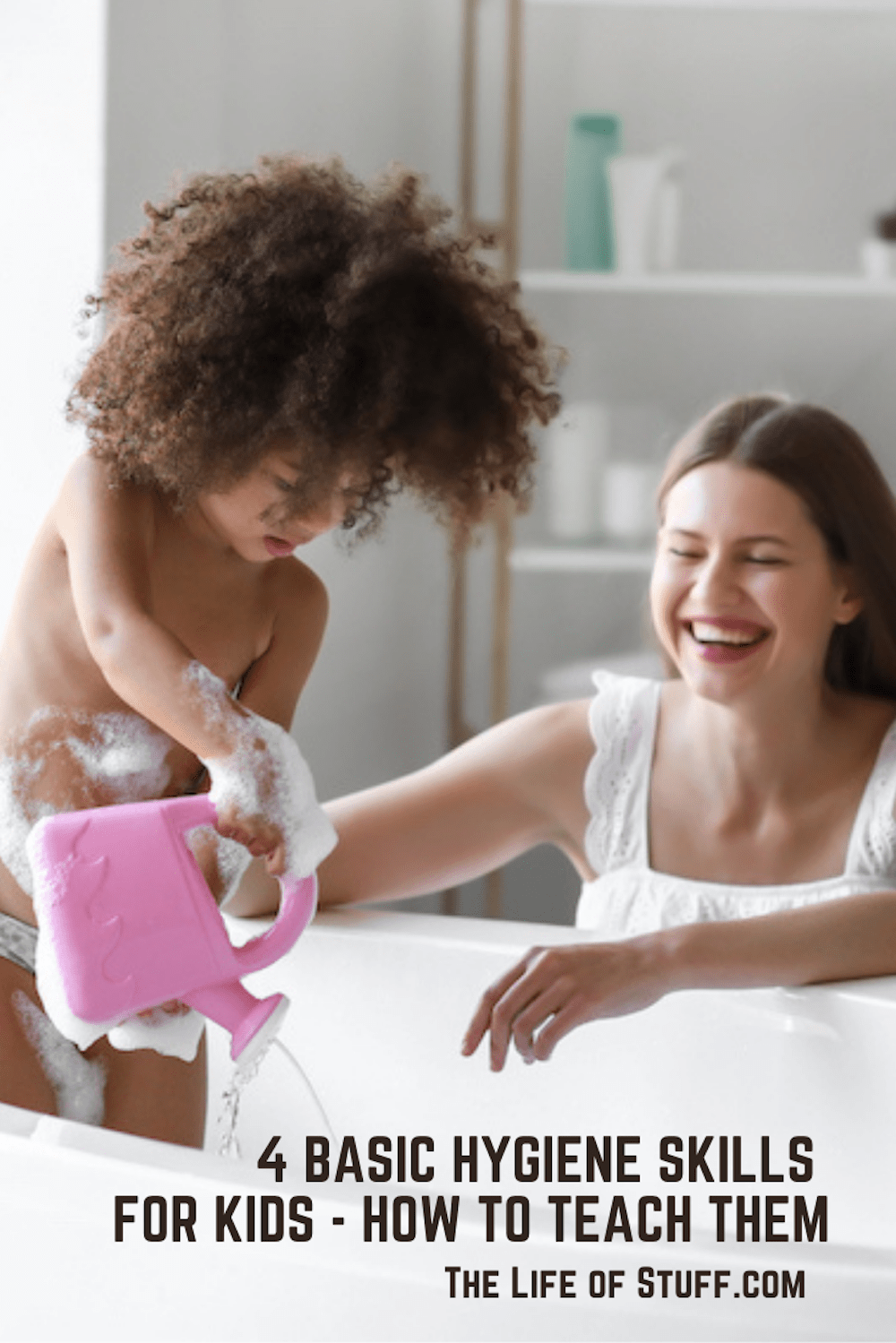
Follow The Life of Stuff on Facebook | Twitter | Pinterest | Instagram

